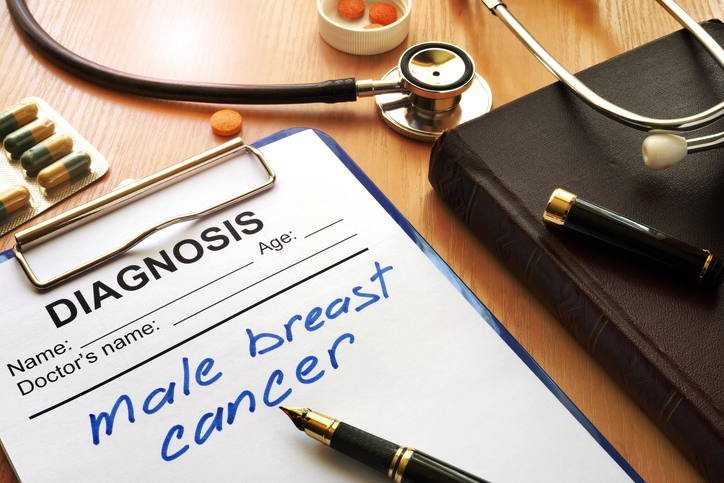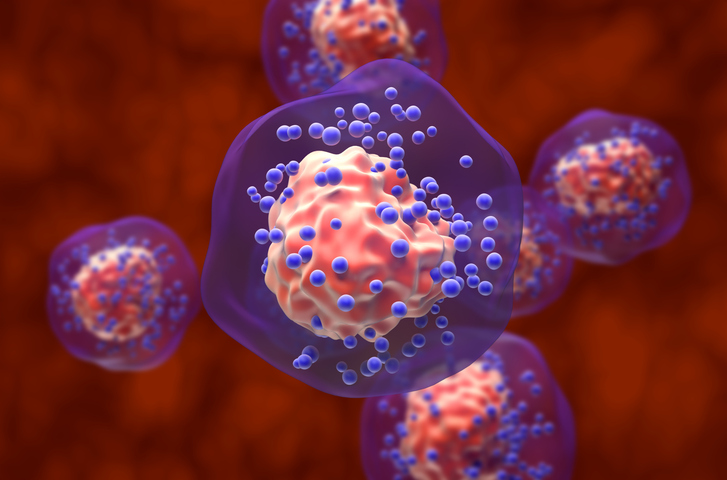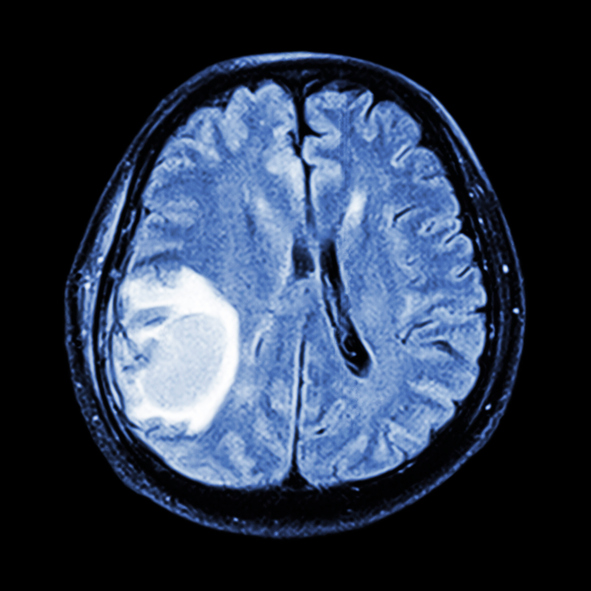
A study sought to characterize the molecular and immunological features of the androgen receptor (AR) gene expression in male breast cancer (BC). The findings were presented at the 2024 San Antonio Breast Cancer Symposium.
Researchers analyzed 191 samples from male breast cancer patients who were tested using both NGS and WTS. They also calculated immune cell fractions using deconvolution of WTS: Quantiseq. Tumors with AR-high(H) and AR-low(L) RNA expression were classified as above or below the 50th percentile. The real world overall survival (OS) and treatment-associated survival rates were assessed from insurance claims and calculated using Kaplan-Meier estimates. The statistical significance of the findings were determined using chi-square and Mann-Whitney U testing with p-values adjusted for multiple comparisons (q<.05).
The findings revealed that AR-H male BC patients had lower frequency of TP53 mutations (20% AR-L vs 7% AR-H,
p=0.02) compared to AR-L male BC tumors. Moreover, AR-H patients had numerically higher frequency of PIK3CA (34.8% vs 27.2%) and CHEK2 (3.7% vs 1.1%), but lower frequency of BRCA2 (7.1% vs 13.6%) and PTEN (2.3% vs 6.9%) compared to AR-L, all p = 0.1-0.2.
Furthermore, AR-H male BC patients had lower frequency of TMB-high (3.45% vs 12.22%) and PD-L1 positivity (5.08% vs 18.57%). As the researchers noted, the analysis of inferred immune cells revealed that AR-H had higher infiltration of
NK cells (3.58% vs 2.56%), dendritic cells (2.43% vs 1.98%), and B cells (5.93% vs 5.26%), all p<0.05. AR-H had higher T-cell inflamed score (19 vs -72) and MAPK activation score (- 0.24 vs -1.6) but lower IFNg score (-0.38 vs -0.33), all p<0.05. AR-H had higher expression of immune checkpoint genes (CD274, FOXP3, HAVCR2, LAG3; FC: 1.3-1.5) and stem cell related genes (CD34, CD44, POU5F1, KLF4, ALDH2; FC: 1.2-1.4) compared to AR-L male BC, all p<0.05.
“Our analysis suggests a strong association between AR expression and TP53 mutations, TMB-H, and PD-L1 positivity, immune cell infiltration, immune checkpoint and stem cell-related gene. Also, T cell inflamed and IFNy score were inversely related. Further exploration of specific alterations and immune-oncology markers associated with AR expression may help in clinical trial design for male patients with BC,” the researchers concluded.
Reference
Jayachandran P, Deshmukh K, Wu S, et al. Comprehensive characterization of the androgen receptor in
male breast cancer. Abstract #P1-03-22. Presented at the 2024 San Antonio Breast Cancer Symposium; December 10-13, San Antonio, Texas.







 © 2025 Mashup Media, LLC, a Formedics Property. All Rights Reserved.
© 2025 Mashup Media, LLC, a Formedics Property. All Rights Reserved.